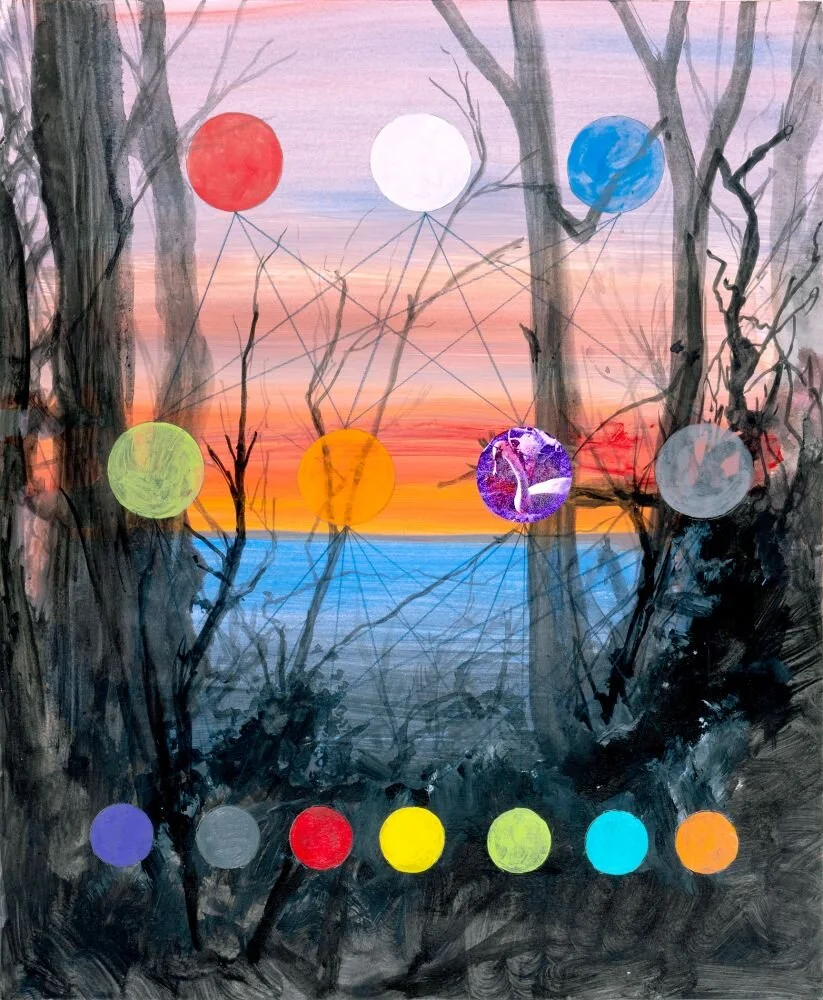Tony Cox
“Shadow Bathing”
New York, 545 West 25th Street
For his exhibition Shadow Bathing, multidisciplinary artist Tony Cox will present a series of all- new, large-scale, hand-embroidered abstractions on acrylic-coated canvas. Combining gender and sexual politics with the post-minimal concerns of material and process, these works occupy a space between painting and sculpture. Though, as a self-taught artist who sharply eschews formal pigeon-holing, Cox works intuitively and irreverently and his process moves from the inside out rather than moving from enveloping defining categories, back in.
Starting with the back of a canvas, or what he calls the “subconscious B-side,” Cox begins the “life of a line”—a base-drawing that traces a series of lines and gestures that evolve to suggest topographies of body and place. Eventually, the canvas is laid across two sawhorses and the artist works from below, painstakingly puncturing the underside with sewing needles, sometimes hundreds of thousands of times until a legible pattern reveals itself on the face. Cox considers the life of a line a transcendent cycle indexed with pain and progress—literal puncture wounds and ultimately the manifestation of a formal construct.
““The answer to the problem of suffering is not away from the problem but in it. The inevitability of pain will not be met by deadening sensitivity but by increasing it, by exploring and feeling out the manner in which the natural organism itself wants to react and which its innate wisdom has provided.”
― Alan W. Watts, Nature, Man and Woman”
An intimate and often painful practice, Cox’s labor is extreme. A single vertical patch of threadwork measuring 3 x 64 inches contains 44,000 individual handmade “psycho stitches”—a term coined by the artist to reference psychotherapy and the general psychosis of extreme repetitive action. In August 2017, as he set out to make this show, Cox’s hands were temporarily paralyzed by a late-stage Lyme disease diagnosis. This set into motion a breakdown that was compounded by a brutal assault, which came shortly after recovery from his Lyme symptoms, and left him with a broken hand and the continued inability to make his work.
The period of induced isolation and relative inactivity that followed ultimately lead to deepened spiritual and psychotherapeutic investigations. Cox’s longstanding interest in Jungian philosophy became the backbone of these expanded inquiries and each of the works in this exhibition reference the archetypes and concepts central to Jungian psychology. Marathon Mountain, the final work produced in the series, is the exception, as it stands as a tribute to the culmination of Cox’s nearly two-year-long journey.






